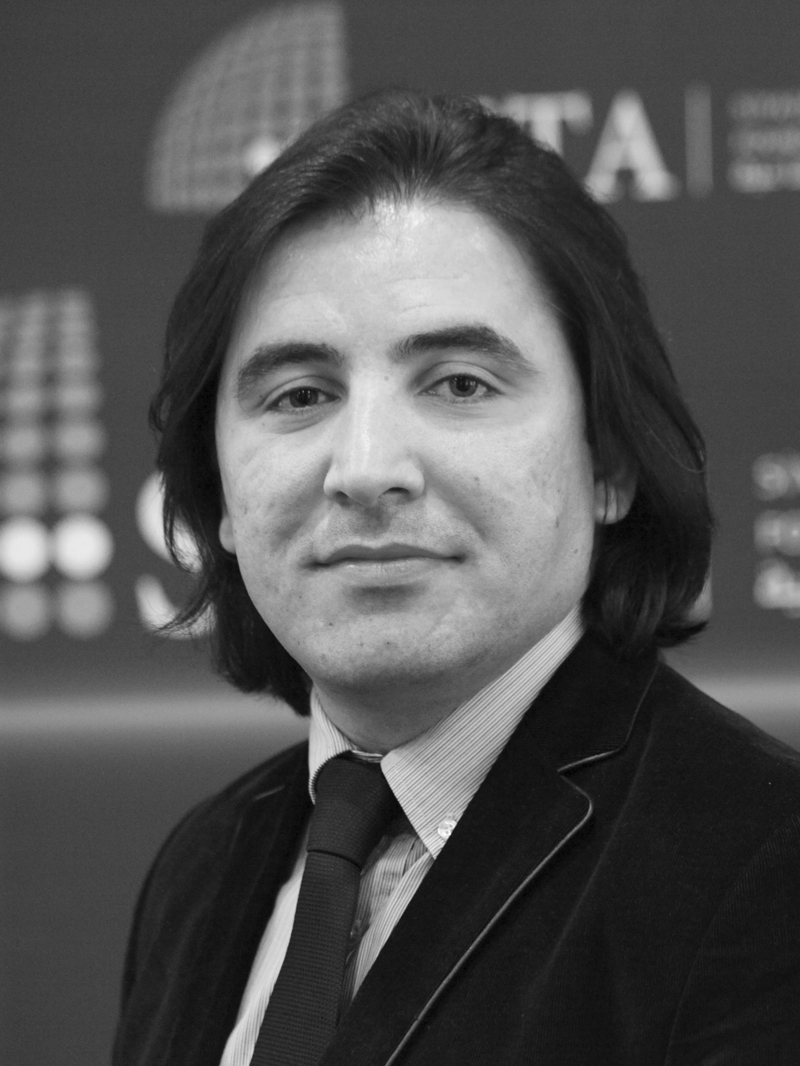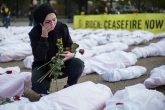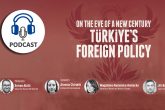The process of resolving the Kurdish question through top-level negotiations and dialogues between the sides has entered a new phase as the imprisoned leader of the outlawed Kurdistan Workers’ Party (PKK) leader Abdullah Öcalan’s letter was read on the day of Newroz. The content of the letter, the messages and concepts used in it reveal a transformation in Öcalan’s mindset. Parameters of this major transformation, which paves the way for the peace process, are political solution and emphasis on democratic common homeland and civilization, rather than armed solution and separation. In other words, the ruling Justice and Development Party’s (AK Party) determination to solve this issue through dialogue and the parameters set by Öcalan enabled the overcome of a very critical threshold for diplomatic solution. However, successful completion of the process is possible only through socialization. In this context, political parties and non-governmental organizations will play a critical role in informing the public opinion correctly, therefore gaining support of the society.
CONSTITUENTS OF THE SOCIALIZATION
Political parties and party organizations in particular – for they have the closest ties with voters-, are the most critical elements in the socialization of the process. Therefore, in addition to two main political actors (AK Party and the pro-Kurdish Peace and Democracy Party (BDP) ), the main opposition Republican People’s Party (CHP), which centralizes around social democracy and liberalism, should undertake responsibility. These parties should explain to the public-opinion about the vision of a more democratic, prosperous and just Turkey as well as the brotherhood and citizenship ties that the process wishes to mend on the foundations of righteousness. With this, the society will become one of the main actors of the process while less problematic progress of the process is maintained.
Against possible disinformation campaigns and attempts of playing on sensitivities of the society, correctly informing the public-opinion about the contents of the process via party organizations will have a serious effect on the public’s approach to the process. In this context, the first thing to be explained regarding the nature of the process is that the steps taken for the peaceful solution of the Kurdish issue are neither compromise nor kindness, but rather restitution of the rights of the aggrieved and removal of grievances experienced as a result of standard policies the authoritarian Kemalist nationalism imposed on the society against history and sociology of the society. In other words, rights of a component of the “we” are being returned. This means, resetting the relations between constituents on a healthier and fair ground which was harmed once by the Kemalist tutelage regime, which successfully passed the tests of historical experiences and events, and which form the “we” by sharing a common fate in all defeats and victories. For the aforementioned parties, as the main characteristic of the process, carrying this message to the society both in micro and macro levels will be the mental infrastructure of maintaining socialization of the process.
In addition, non-governmental organizations will play a quite critical role in the socialization of this process for the reason that they were deeply affected by the negative impacts of the Kurdish question; such as limited freedoms, democratic efforts and economic opportunities, and therefore repeatedly voiced the situation in their statements and published reports. For instance, the society has learned about the political economy of this low-density war through the works of the TOBB, TUSIAD and MUSIAD for years; and what is expected from non-governmental organizations is to derive the political economy of the peace by concentrating on the link between security and prosperity. These organizations should elucidate the economic development to occur both in Turkey and the regio
In this article
- Domestic Policy
- Opinion
- Disinformation
- Global Actors | Local Actors
- Kemalism
- Kurdish Community
- Kurdish Peace Process
- Kurdish Question
- Kurdistan Workers' Party Terrorist Organization (PKK)
- Opposition
- PKK - YPG - SDF - PYD - YPJ - SDG - HBDH - HPG - KCK - PJAK - TAK - YBŞ
- Terror
- Türkiye's Justice and Development Party | AK Party (AK Parti)
- Türkiye's Republican People's Party (CHP)


